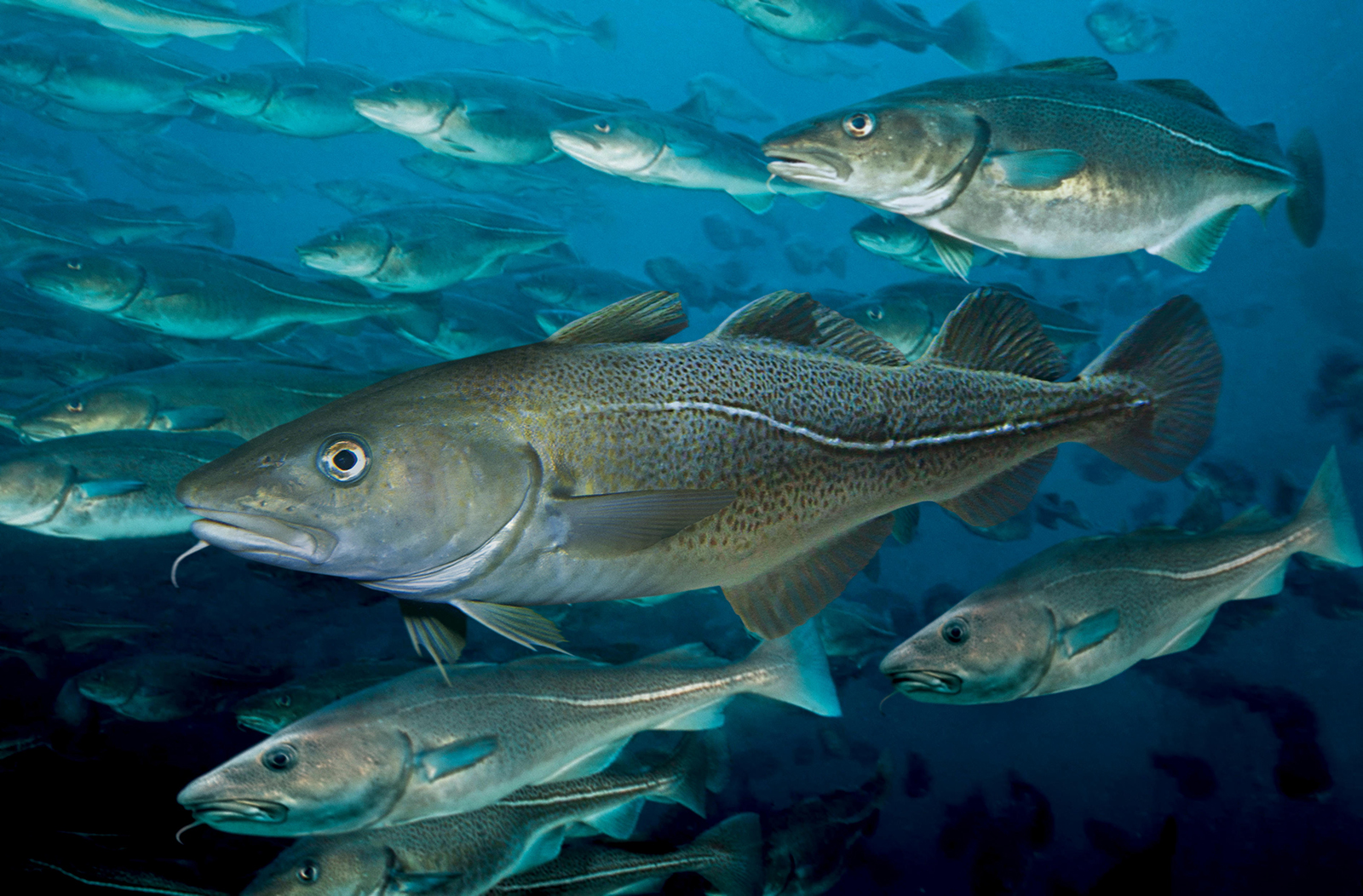
North Sea management has led in recent years to long-term plans for commercial fish species such as plaice and sole, however because of the non-selective fishing methods of bottom trawlers, such as the Dutch fishing fleet, bycatch species are suffering intense pressure. As quotas rise for the populous commercial fish species, such as plaice and sole, vulnerable fish stocks like North Sea cod and sea bass are hit hard. The landing obligation, aimed at eliminating wasteful discards at sea, can and must be implemented to ensure these unwanted bycatch species are protected.
Scientific advice for North Sea cod catches has dropped a staggering 47% since last year, to between 15 000 and 22 000 tonnes [1]. Cod stocks have recovered slightly since the historic low in 2006, but this growth is not continuing because there is still too little baby cod in the North Sea.
“Over 20% of the catches of North Sea cod are estimated to be unwanted undersized baby cod. We cannot continue to waste our precious public fish resources like this. The landing obligation was meant to end this waste – it’s time for effective monitoring and enforcement, using remote electronic monitoring, to ensure these rules are complied with,” said Rebecca Hubbard, Our Fish Programme Director.
Sea bass is also heavily threatened and this stock shows no signs of recovery. Here too, the cause is that there is too little baby sea bass. However, ICES has advised that a small amount of 1 800 tonnes can be caught as it will not affect numbers of baby bass, after two years of zero catch advice [2].
The Common Fisheries Policy obliges all member states to end overfishing by 2020 for all fish stocks subject to fishing quotas.
“The EU can only achieve an end to overfishing if all fisheries ministers follow scientific advice when setting fishing limits, and urgently begin a real transition to more selective fishing methods. Only this way, can we ensure that all fish populations, including vulnerable bycatch species, rebuild to healthy levels, and Europe ends it’s addiction to overfishing,” concluded Hubbard.
ENDS
[1] ICES Advice on fishing opportunities, catch, and effort: Greater North Sea Ecoregion Published 29 June 2018 cod.27.47d20. https://doi.org/10.17895/ices.pub.4436
[2] ICES Advice on fishing opportunities, catch, and effort Celtic Seas and Greater North Sea ecoregions. Version 2: Published 2 July 2018 bss.27.4bc7ad-h https://doi.org/10.17895/ices.pub.4472
Contacts
Rebecca Hubbard, Our Fish Program Director, rebecca@our.fish +34 657669425
Frederieke Vlek, Our Fish campaign coordinator Netherlands, frederieke@our.fish + 31 625031004
